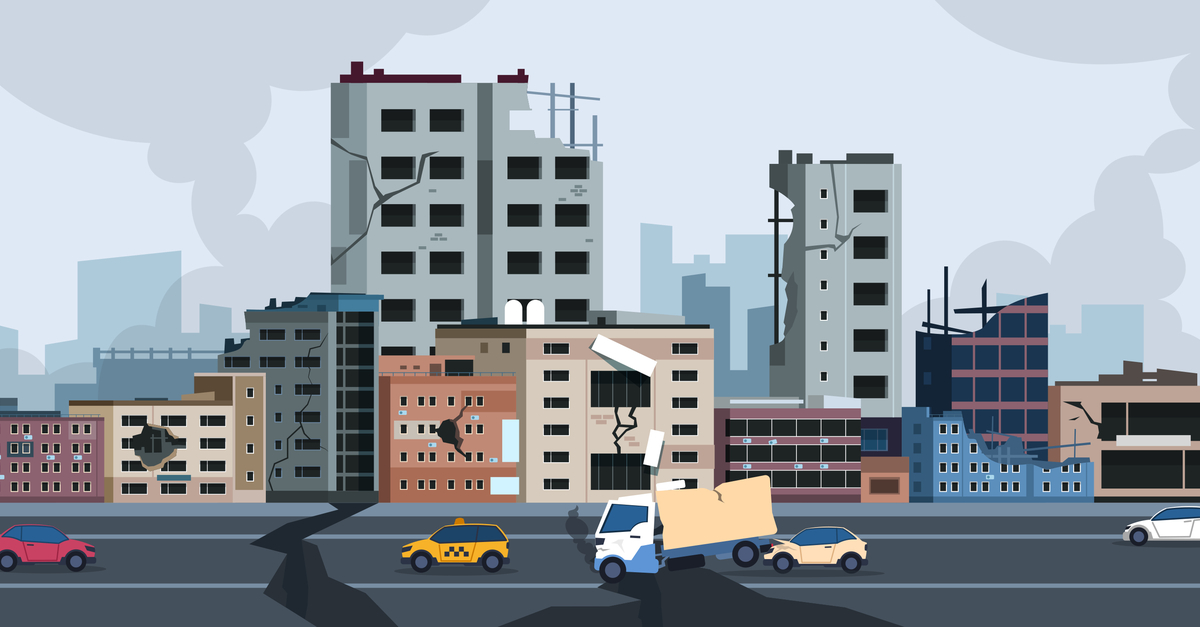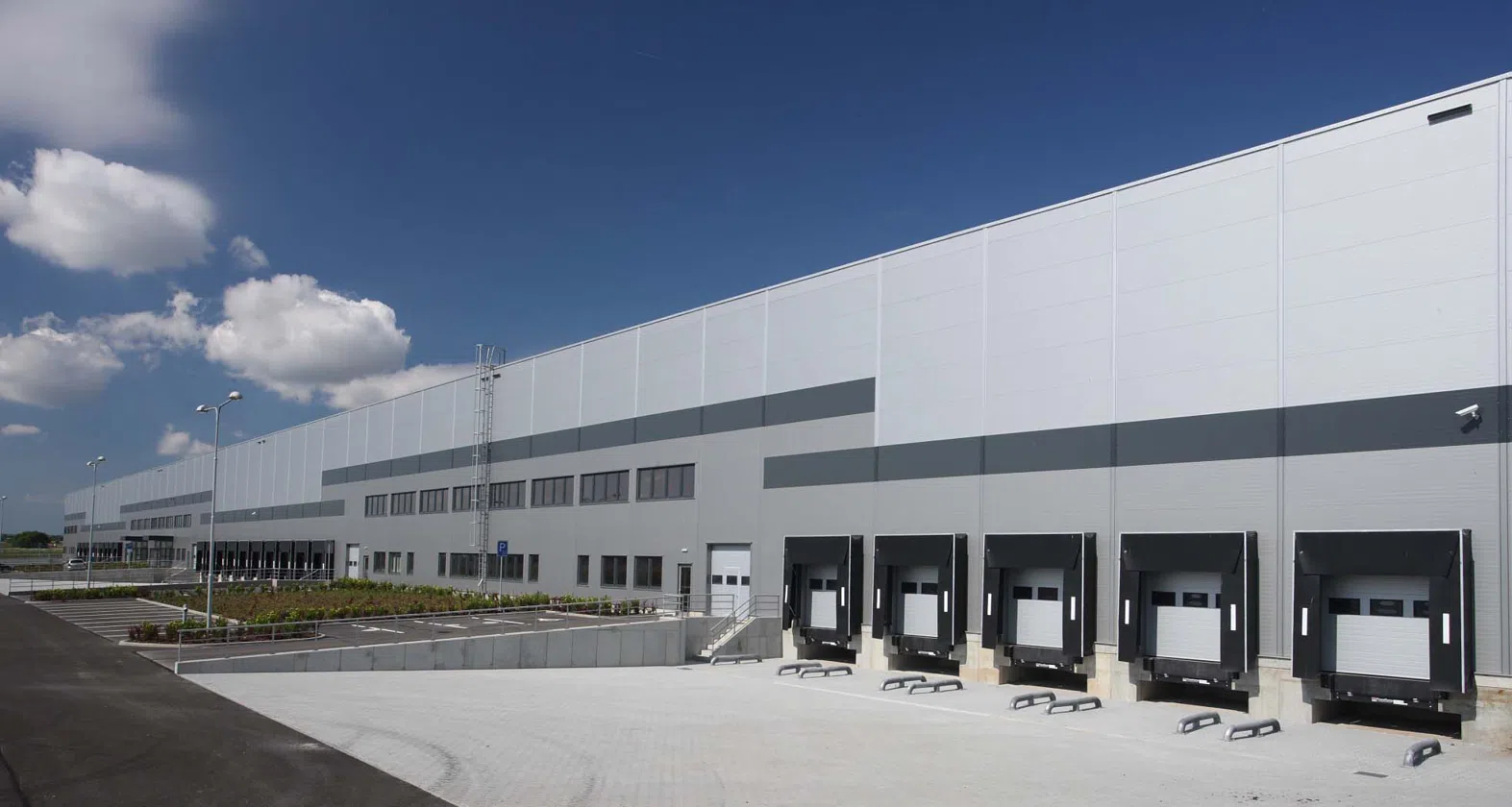What Your Business Can Do to Prevent Loss Caused By Natural Disasters
Last Updated Jan. 12, 2022
See Our List of Metro Home Pages and Select/View Yours
 According to the Federal Emergency Management Agency, approximately 40% of businesses don’t reopen after closing due to floods, hurricanes, tornados, and other natural calamities. This shows the extent of the impact that deadly forces of nature, such as earthquakes and hurricanes, have on businesses.
According to the Federal Emergency Management Agency, approximately 40% of businesses don’t reopen after closing due to floods, hurricanes, tornados, and other natural calamities. This shows the extent of the impact that deadly forces of nature, such as earthquakes and hurricanes, have on businesses.
It can take weeks, months, or even years for small businesses to get back running after a disaster. That said, regardless of your business size, below are simple ways to prepare your business for natural disasters.
1. Conduct a risk assessment
You should conduct a risk assessment to identify the potential natural hazards faced by your business. Depending on business functionality and location, your venture could be facing multiple natural disasters. If such is the case, you should prioritize and create a plan of action accordingly.
For instance, businesses in California should readily prepare for earthquakes. Similarly, always be ready for fire or explosions if you handle flammable materials. Currently, businesses should include cyberattacks in their preparedness plans.
2. Create an emergency operations plan
If floods, fire, hurricanes, or any other natural disaster struck your business, what will happen in the hours and days that follow? Who will manage your business operations? How will you communicate with your team? Will your employees continue working remotely? If you don’t have answers to these questions, you should create an emergency operations plan.
Your emergency operations plan should include the following;
- How will your business leadership take shape during the disaster? Who will take charge, and what responsibilities will be delegated?
- What happens if your physical working space is compromised? Will remote work be an option?
- Do you have emergency kits, and can your employees locate them?
- What communications methods will you use during the disaster? Provide a wide range of options, including text messaging, phone calls, and emails to ensure that all employees are reached.
- If the disaster occurs during work hours, do employees know how to evacuate the building safely? Include earthquake and tornado drills in your emergency preparedness plan.
- Outline communications strategies to customers and clients.
- Your emergency preparedness plan should also outline immediate steps for business restoration. You should identify restoration experts in advance for any anticipated disaster recovery process.
Most businesses make the mistake of not involving their employees in their emergency preparedness plan. Therefore, regularly review your plans with employees. Ensure that everyone is comfortable with all the outlined procedures, understands every part, and is ready to implement when necessary.
3. Back up vital business records
Regardless of where your business is located or the prevailing season, you should safely backup and store important business documents. Store paperwork in off-site locations and make as many copies as possible. Important paperwork to secure includes tax forms, insurance claims, and payroll information.
You should also take advantage of the cloud. Create backups of your electronic files by uploading them into cloud-based systems. Unlike physical locations, cloud storage allows you to access vital business information anytime, anywhere.
4. Invest in appropriate insurance
You should invest in several insurance policies to ensure that your business is fully covered in case of a natural calamity. The most common insurance cover is property insurance, which covers property damage, including business premises, equipment, computers, and business documents. Property insurance can be customized to cover specific perils that aren’t covered by standard policies, such as earthquakes, fires, and floods.
You should also include business interruption cover in your insurance package. This coverage provides reimbursement for lost income resulting from business operations interruption after a natural calamity. Consult insurance agents for recommendations on the best insurance covers based on your business’ risk profile.
Remember that your business liabilities and risks change over time. Therefore, your insurance coverage plans should adjust accordingly. This means you should continually review and modify your insurance coverage plans to ensure that your business has the right coverage in case of an emergency.
5. Maintain communication with employees and clients
As mentioned, your emergency preparedness plan should include what to do before and after the disaster. Most importantly, you should streamline communication with your employees and customers after the crisis. You should update your clients about the impact of the disaster through emails, social media posts, and press releases.
Ensure that you provide customers with your contact details if they have any inquiries or questions. If the business resolves to short operational hours or will remain closed for some period, inform your customers about the changes and ensure that you alert them once you resume operations.
The Bottom Line
Most business owners overlook the importance of preparing their businesses for a disaster. Being ready for disaster not only mitigates loss caused by disasters but also ensures that your business resumes operations quickly. Apart from these tips, you should modify your business premise to reduce the severity of potential disasters. For instance, ensuring that your buildings adhere to fire safety codes protects them from fire damage.
